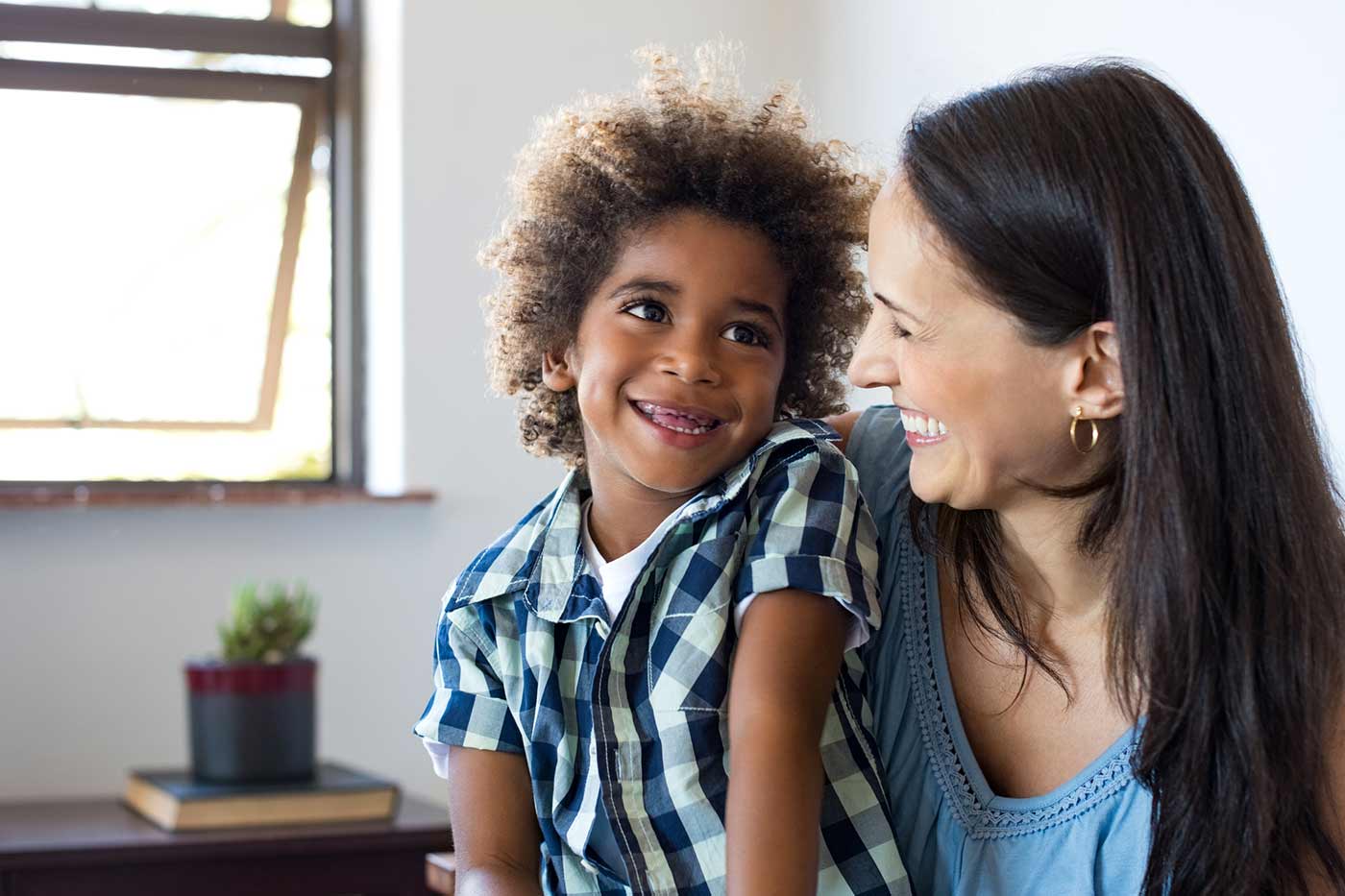20 Open Ended Questions for Kids
Asking open ended questions for kids is a great opportunity to start conversations with your child. If you need some inspiration, I’ve got you covered. Below are several question prompts and examples to get you started.

At the dentist’s office, my son pulled out the map he’d been drawing. He sat sketching the rest of it when a woman noticed his map.
“Wow, is that a map?” she asked. Before he could answer, she continued, “Is it a treasure map?” She pressed on. “Where’s the treasure? Don’t forget to put an ‘X’ on the spot. And is that the ocean?”
My son clammed up.
You see, the map wasn’t a treasure map at all. Instead, he was drawing a map of the Los Angeles freeways and streets we often drove on. He had (and still has) a fascination with which freeways lead to where and which exits to take. He can tell you the exact directions to his grandma’s house and draw pages and pages of these maps.
Except the woman won’t know any of this.
And that’s the downside of asking closed ended questions. We project our own opinions and interpretations before our kids have a chance to share theirs.
Just as we encourage open ended play, so too should we do the same with our conversations with our kids.
Below are questions you can use to spark meaningful and fun discussions. I chose those that work well with young kids and won’t feel too far in advance for their age. And I wanted to tap into the kinds of conversations they’d be eager to respond to.
In other words, these are questions I ask my own kids with fantastic results.
With the nature of open ended questions, this, of course, isn’t a definitive list at all, and you’re free to change them as you see fit. You can ask one per day or simply ask them as you see the opportunities to do so.
Here is a list of open ended questions you can ask your child:
- What was the best part of your day? Why?
- What makes a good friend?
- What magic power do you wish you had? Why?
- If you could go anywhere, where would you go? Why?
- What do you think this book is about?
- What are you grateful for? Why?
- What did you like about school today? Why?
- What are you most excited about with (the party / our vacation / going to the restaurant / tomorrow)?
- What did you like the most about the weekend? Why?
- How does it work?
- How did that happen?
- Why did you choose (that book / that shirt / that toy)?
- How are you planning to do that?
- What could we have done instead?
- What else can you use?
- How are these the same / different?
- Why is it important?
- What does this remind you of? Why?
- Show me what you can do with it.
- Tell me what happened.

Frequently asked questions
Open ended questions are those that Invite more than a one-word response or one-phrase answer, especially “yes” or “no.” They don’t assume what the answer will be and instead encourage discussion and understanding.
They also give control of the conversation to the person answering and encourage them to think more deeply and thoughtfully. Lastly, they have no “correct” answer.
Open ended questions nurture creative and critical thinking skills and help develop vocabulary in early childhood. We’re less likely to make assumptions and instead encourage discussion. And we allow kids to open up, communicate more, and even have control of the topic.
We can ask open ended questions that allow kids to fill in the blank. Leaving the question open to “How was your day?” or “What did you do today?” keeps the conversation open for more honest discussion. And finally, open ended questions let them explain and talk without us butting in too much.
The bottom line
Close ended questions aren’t the evil of the world. We want to know whether our kids already brushed their teeth or what movie they want to watch.
But don’t rely only on close ended questions, especially when encouraging conversation or out of habit. When in doubt, say, “Tell me more” to hear meaningful answers.
After all, as important as it is to know which fruit your child prefers—pear or banana—it’s just as crucial to ask why.
Get more tips:
- 31 Powerful Conversation Starters for Kids
- How to Get Your Child to Stop Talking in Class
- Don’t Say “Good Job!” (and What to Say Instead)
- What Should a Kindergartener Know by the End of the Year?
- “What Would You Do?”: Questions to Keep Your Child Safe
Free resource: Want to learn more about how to ask your child questions in an effective way (plus other parenting tips to have a better relationship with her)? Grab the bonus chapter of Parenting with Purpose—at no cost to you. You’ll also get my newsletters, which parents say they LOVE:
“Thank you for this awesome perspective! It is calming and much easier to manage my daughter’s defiance and strong will with this in mind! I will remind myself of this many times.” -Talia Telander

